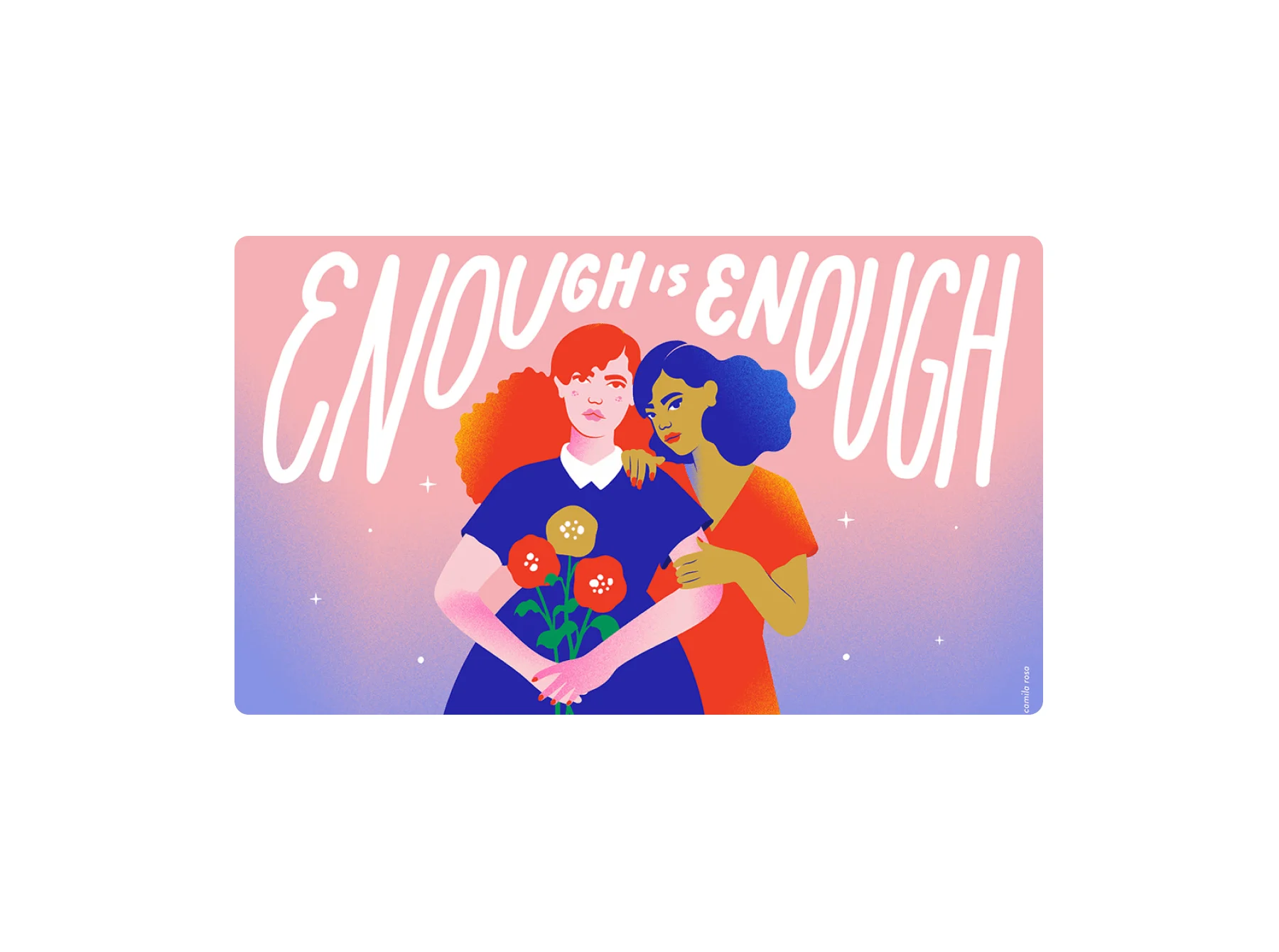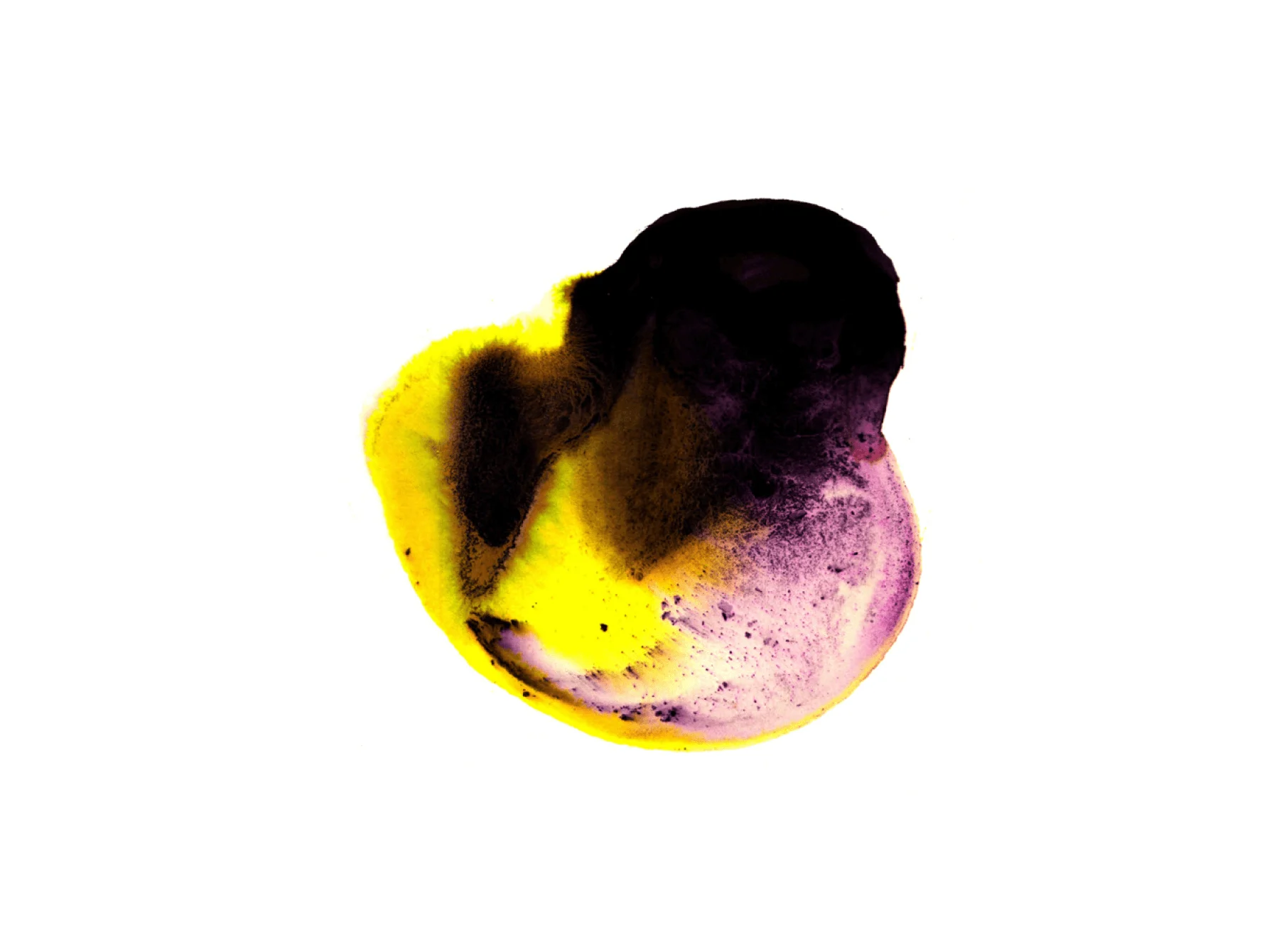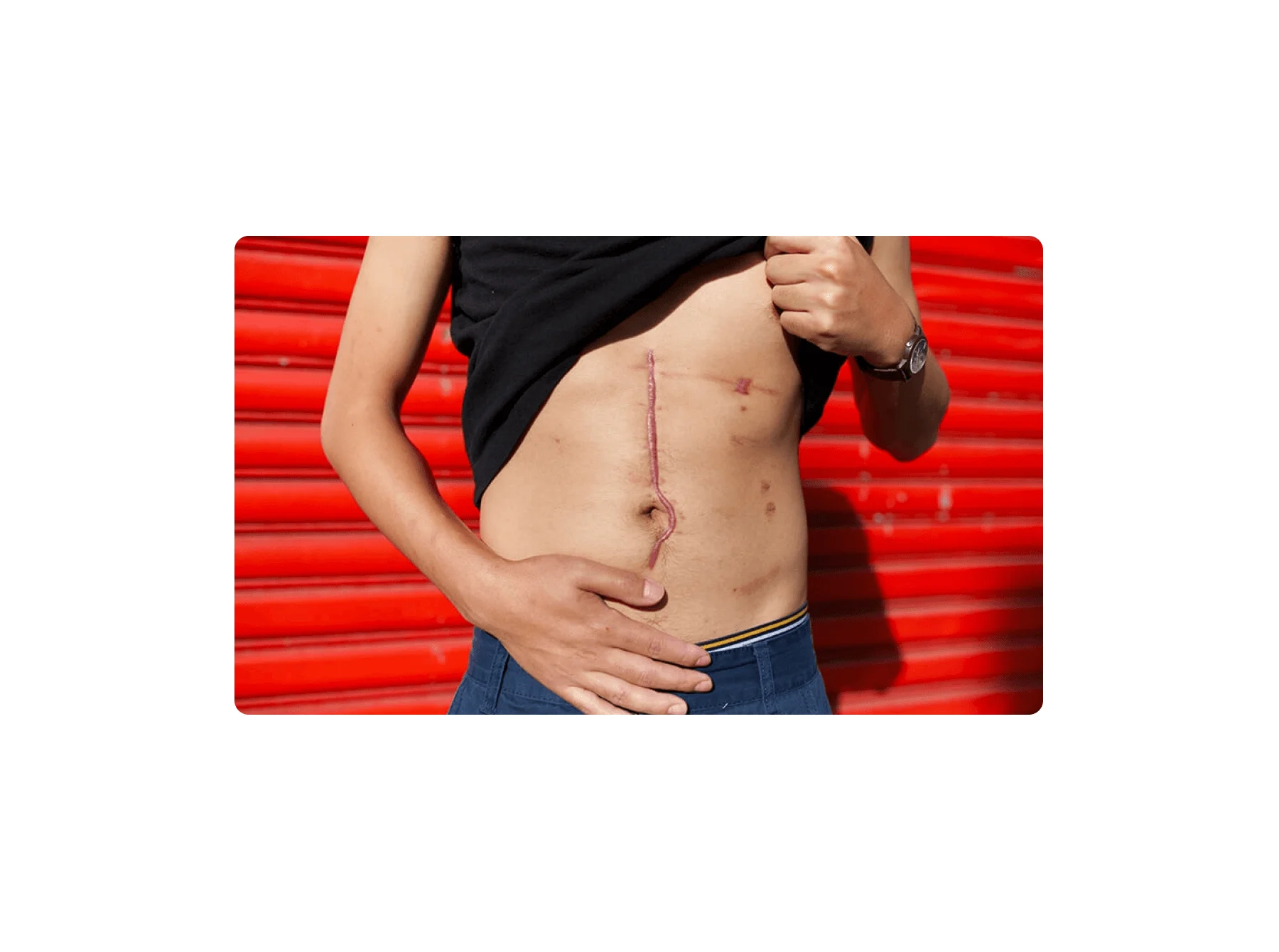
Kyle Hausmann-Stokes knows what an assault rifle can do. Having served in the US Army in Iraq, and carried the kind of gun routinely used in mass shootings, he decided he had to speak up. That's why he made a film with fellow veterans calling for gun law reform.

“I carried an M4 in the military. It was a very scary thing to see just how efficient and powerful and dangerous it was. It was developed for one reason – to be a weapon of war made for creating carnage and doing so in a way that you don't have to stop to reload.”
Over the past few years he watched aghast as these kinds of high-powered rifles were turned on innocent people in attacks across America, from Sandy Hook to Las Vegas. And then, on Valentine’s Day, a gunman attacked the Stoneman Douglas High School in Parkland, Florida, killing 17 people.
“I think when Parkland happened, it was a breaking point,” Kyle says. “This was maybe the sixth mass shooting to happen using the same rifle, the AR-15, the civilian version of what we carried.”

The national debate about gun violence in the US has raged for a long time. The US Constitution’s Second Amendment guarantees citizens the right to bear arms, and it’s a right many people guard fiercely. On the the other side there are anti-gun activists who wonder what it will take for the laws to be changed. Emotions run high.
But Kyle realized as a veteran, he had something new to add to the conversation. “I think there's this perception that if you served in the military in America that you're a conservative; you're very right wing and very pro-gun. That also never sat well with me, because that doesn't describe me, and that doesn't describe a lot of my fellow veterans.
“There was this void of a veteran voice in this issue. I think there's the victims, there's the pro-gun people, there's all the lobbyists. There hadn't been a voice from people who know this weapon first-hand, professionally.”
It’s like taking a soldier off the battlefield with a machine gun and bringing it into the civilian world.
After leaving the army, Kyle became a director working in film and TV. A couple of years ago he’d come up with the idea for a public service announcement (PSA) which would use real veterans to speak out against these high-powered rifles.
“I guess I saw it as our responsibility as veterans,” he says. “Not only do we sign up to defend the country, I feel there's this leadership quality that comes from veterans.
“I felt it was my duty to finally speak out and speak out in a way that would reach a lot of people. It’s not something that we want for sale in this country. It’s not something we want to see used in another mass shooting."




Parkland brought a sense of urgency, and a chance meeting with Ellen Utrecht, a Dutch producer based in LA, brought a way to make it happen.
She read Kyle’s “brilliant script” and then got to work, using her contacts across the creative industries (through her Mike Teevee production company) to make the film happen. It was an extraordinary effort which required energy, persistence and an iron-clad determination that this film had to be made.
It was insane. Six days after we decided to move forward with the script, we were shooting.
A casting call led to 2,000 applications. Companies across the world lined up to help with funding, equipment and media support.
“We weren't ambiguous about it,” Kyle says. “We said this is a veteran gun control PSA. We're going to be talking about the ban on the AR-15 and safer gun laws. Everybody knew that, and instantly, I mean, instantly, they responded saying this was something they wanted to get behind."
“It was insane,” Ellen says. “Every single company we approached said yes. Six days after we decided to move forward with the script, we were shooting.”

Filming took place at the Blue Cloud Ranch, about 40 miles north of Los Angeles. Many of the sets there are designed to feel middle Eastern, and it’s often served as the on-screen stand-in for Iraq and Afghanistan.
Despite the insanely tight timeframes, Ellen says the atmosphere on set was less tense than usual, with everyone united by a shared sense of mission. The cast of 16 veterans covered a whole range of ages, ethnicities and military backgrounds, from a Vietnam helicopter pilot to truck drivers from the Iraq War. And there were veterans in almost every departmet of the crew as well.
“It was familial in that way,” Kyle says. “The sidebar conversations you would pick up between this 65-year-old Navy Seal from Vietnam speaking to a 25-year-old Iraq veteran. That, in and of itself, was just really special to bring those people together.
“There was one vet who flew all the way out from Chicago on his own accord, because he wanted to be part of this project,” Ellen adds. “That was like, wow there are so many people out there who want to help. I think that's one of the reasons why we really want to do this.”
Not only do we sign up to defend the country, I feel there’s this leadership quality that comes from veterans.
For both Kyle and Ellen it’s not just that creative voices have the talent to tell stories around controversial issues like this in new ways. Both feel creatives have a duty to speak out.
“I think we have a responsibility,” Ellen says. “Back in the 1960s and 70s, with Vietnam there were a lot of artists, musicians and poets really raising their voices to say this is wrong. I think this is where a lot of the creative industry is today, too.”
Now they hope the film finds an audience, and adds something new to the gun control debate.
“I want to let America know, and let the world know, that American veterans are not a monolith, and that we are not all pro-gun. I think for the first time, this will let people know that many of us don't want our weapon on the streets of our country. That's not what it was created for."

Kyle knows that there will be people who say if you ban the AR-15, shooters will just find something else.
“They're right. They probably will. There's lots of other guns for sale. But the AR-15 in particular, it allows people, like in Columbine, like in Parkland, like in Sandy Hook, to go on a rampage in a very short period of time. It's basically like taking a soldier off the battlefield with a machine gun and bringing it into the civilian world.
“We're at a point in this country where we need something, some kind of symbol. We need to take away this deadly weapon once and for all.”
Ellen agrees. “First of all, I really hope that it will drive more and more people to the marches all over the nation,” Ellen says. “But we also hope that it will go much broader and further than just this one day.
"The biggest, the most fantastic thing, is if it actually makes a change, if it makes a difference.”
This story is part of our series looking at how creative minds are taking on gun violence. Read more about the series and explore the other projects.




